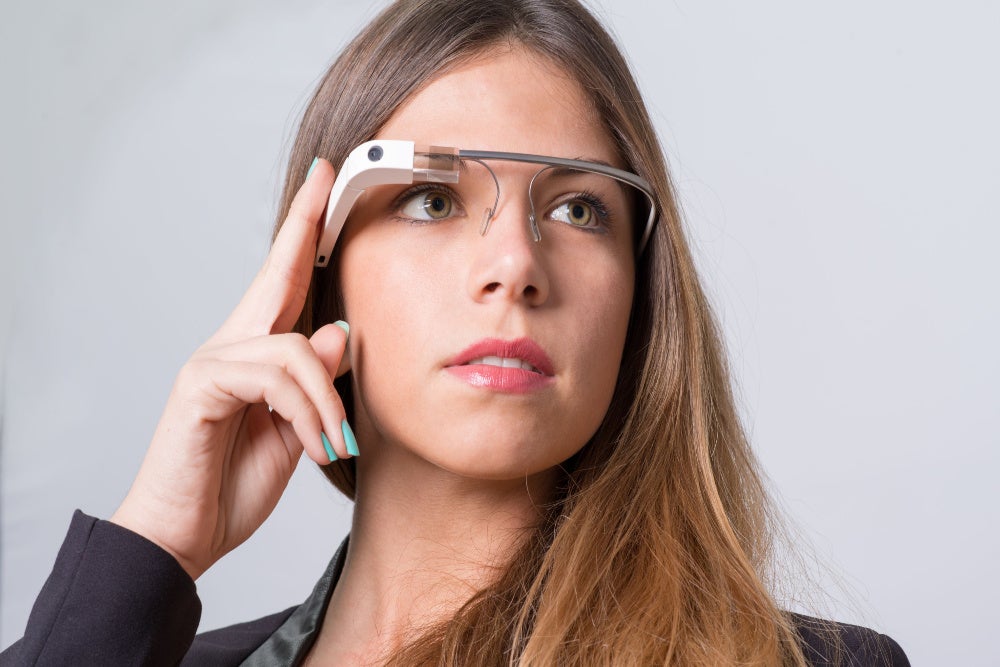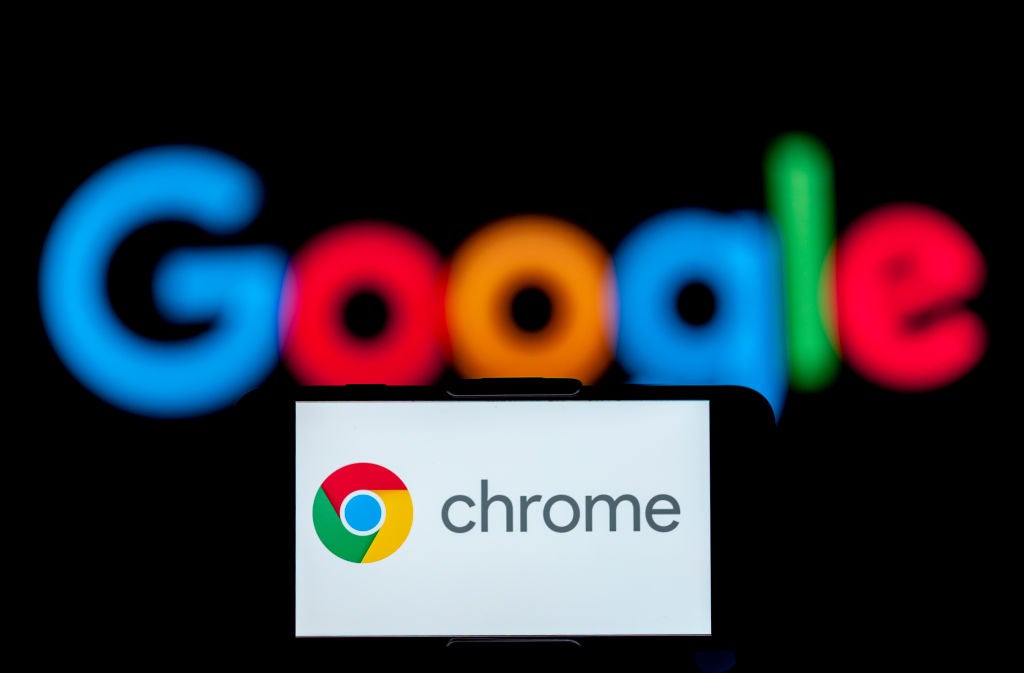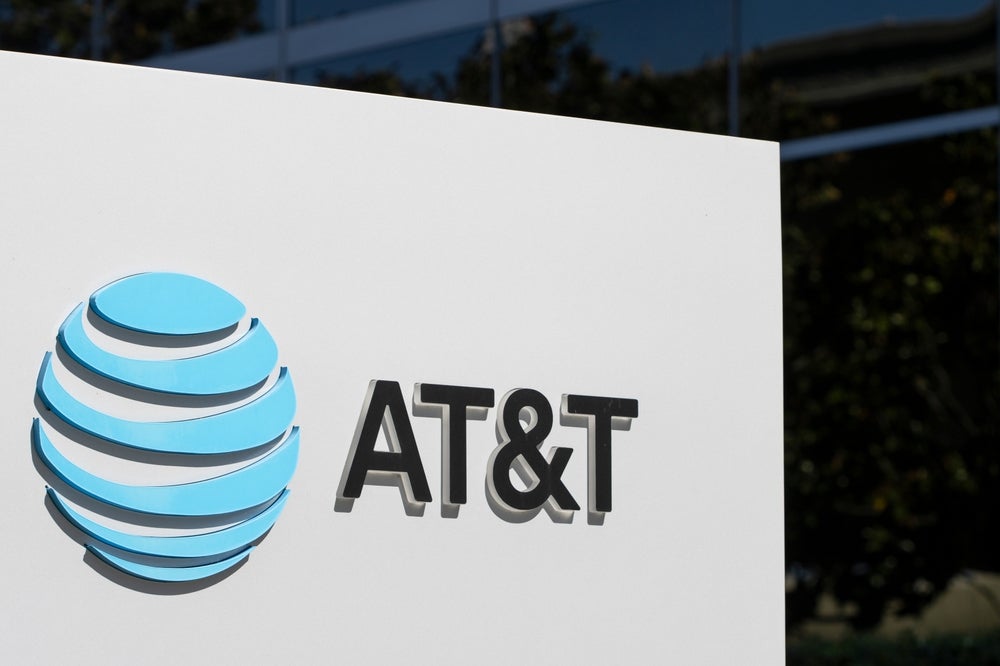
Alphabet plans to start testing its new augmented reality (AR) glasses in public next month, almost eight years after Google Glass flopped in a spectacular fashion.
The world of technology has changed a lot since the fierce crash and burn of Mountain View’s infamous first attempt at bringing wearable AR technology to the masses.
The first public retail version of Google Glass was a rather chunky-looking pair of high-tech glasses. It arrived on the scene back in 2013, following a surge in industry interest in button-free commands like Siri.
All the early 2010’s industry chatter surrounding multitasking and smart devices had given the search engine giant false confidence that Google Glass was going to be an instant success. It was wrong.
At first it looked like the high-tech gizmo had a lot to offer customers. People who bought the device could control it with a nifty voice-and-motion system. The wearable AR system also allowed individuals to take calls without using a smartphone and transmitted social media feeds in their field of view.
Despite all these features, consumers didn’t buy into Google Glass at all.
How well do you really know your competitors?
Access the most comprehensive Company Profiles on the market, powered by GlobalData. Save hours of research. Gain competitive edge.

Thank you!
Your download email will arrive shortly
Not ready to buy yet? Download a free sample
We are confident about the unique quality of our Company Profiles. However, we want you to make the most beneficial decision for your business, so we offer a free sample that you can download by submitting the below form
By GlobalDataYou probably couldn’t blame Google for judging the situation so wrong either. At the time, the hype for the sci-fi-like product was rife. Numerous celebrities were photographed wearing a pair. Google Glass was even hailed by Time Magazine as the “Best Invention of the Year”.
But upon launch to the public market reviews came pouring in scathing the “ugly designed” AR glasses as “very buggy” and a “gimmick”.
It also didn’t help that the asking price was launched at a whopping $1,500, something even Google employees publicly criticised.
Talking to the New York Times, a former Alphabet employee said: “I think it was the wrong way to put out a product. We were having people pay $1,500 to tell us how to fix this thing.
“I think a lot of people saw the end of Glass coming. People just weren’t ready to wear this thing on their faces. It didn’t normalise the way they anticipated.”
Privacy concerns also plagued the launch. Users questioned the potentially harmful practices that could be carried out if the devices fell into the hands of the wrong person. It was, for example, difficult to tell when the device was recording you – potentially allowing someone to easily record a stranger undetected.
Those planning to use Google Glass in the wrong way were even labelled as “Glassholes”, a term Google itself eventually began to use in its press releases.
Eventually, the project imploded and Google Glass went to the graveyard of binned projects like Google+ and Google Spaces.
Did Google Glass crash so other glasses could soar?
Fast forward almost a decade and the AR glasses market is in a very different place. Meta, previously known as Facebook, has led the way. It partnered with Ray-Ban last year to release its Stories glasses.
Meta’s specs gave online-orientated people the freedom to roam and upload their social feeds with hands-free voice controls.
Social media titan Snapchat began selling its Spectacles glasses in 2016. The high-tech sunglasses allowed keen snappers to share content from a first-person view.
Even Apple recently announced plans to launch its own attempt at AR glasses in 2022.
But Rupantar Guha, a principal analyst at GlobalData, believes AR glasses have so far failed to take hold of the masses.
“Various other smart glasses have launched since Google Glass, with much of their marketing focusing on design,” Guha told Verdict.
“But, again, they have failed to crack the mainstream, with consumers put off by high prices, limited use cases and privacy concerns.”
With the recent surge of interest in all things metaverse, the VR and AR market is booming like never before. In fact, the VR and AR hardware and software market is set to grow to $160.14bn by 2028, up from $14.55bn 2021, according to a study by Frost & Sullivan.
Google’s slow and safety-conscious AR comeback
Alphabet has obviously been watching the industry closely since Google Glass failed to live up to expectations. It now believes the time is ripe to get back on the AR train.
Albeit this time, it appears Mountain View wants to walk before it can run and put privacy as their central focus.
“It’s early, and we want to get this right, so we’re taking it slow, with a strong focus on ensuring the privacy of the testers and those around them,” Google’s group project manager Justin Payne stressed in a recent blog post.
The company announced its brand-new prototype AR glasses in May 2022. Google Glass 2.0 comes with Google Translate built-in, promising to translate languages in real-time.
“Subtitles for the world,” Google product manager Max Spear called it.
Google will be launching public space testing for the new prototype next month. The firm has made it clear there will be strict instructions on where the testing can be carried out.
Guha argued: “Google’s second attempt in the consumer market looks more promising than its last one, thanks to the demonstration of AR-based real-time speech translation as a key use case.
“However, it must offer more compelling use cases to appeal to users with interests beyond speech recognition.”
It’s clear that Google wants to get things right this time around – giving the world ample notice of their testing process and explaining what exactly will be involved.
Hopefully avoiding the company from ever having to use the word “Glasshole” again.
GlobalData is the parent company of Verdict and its sister publications.







